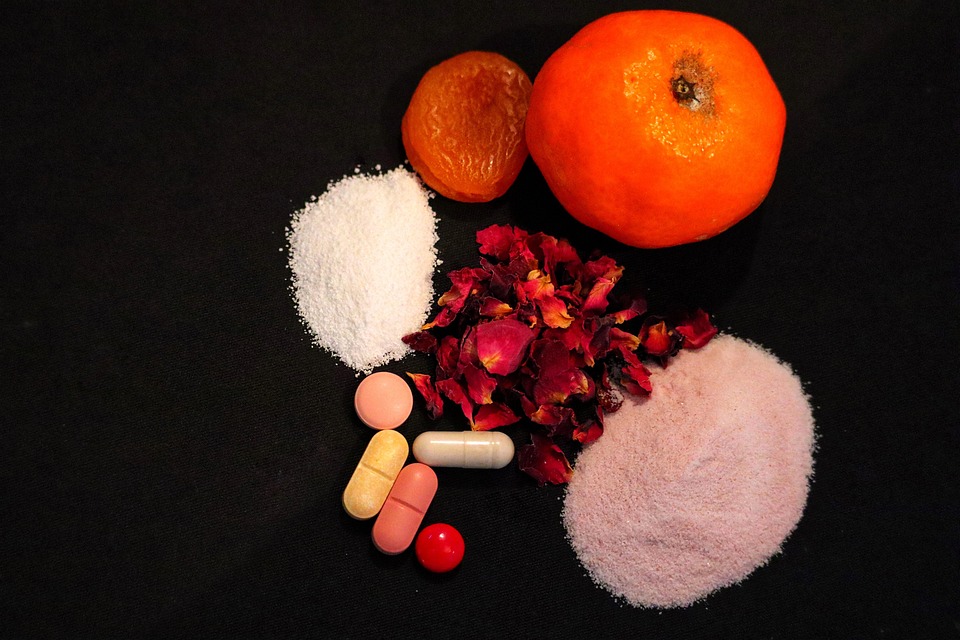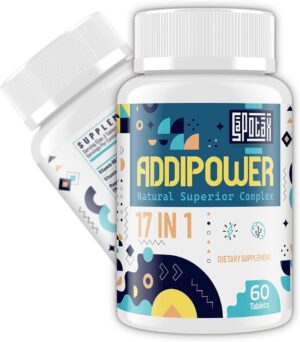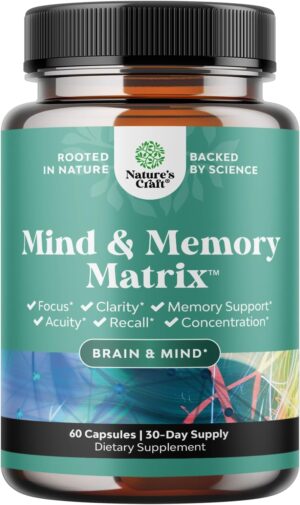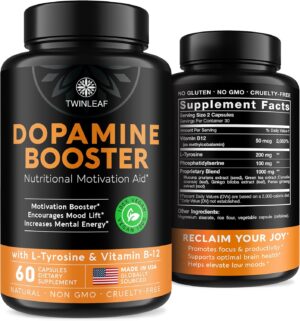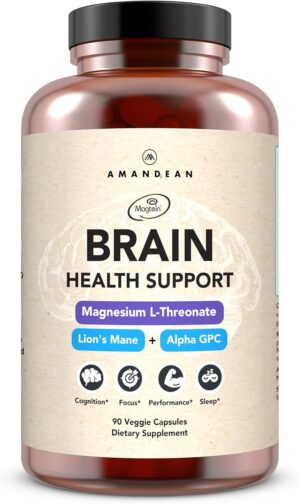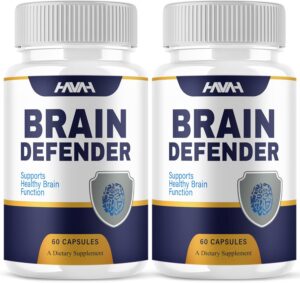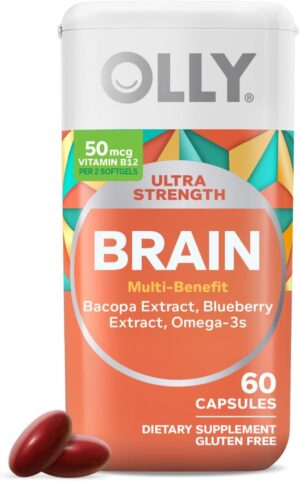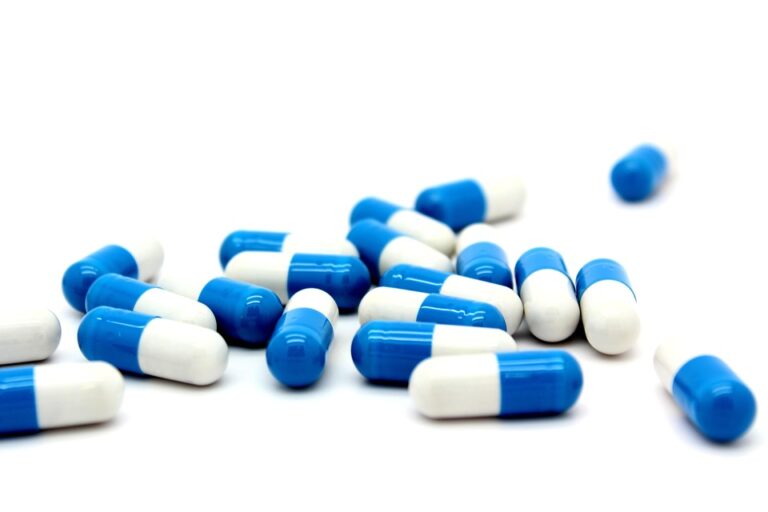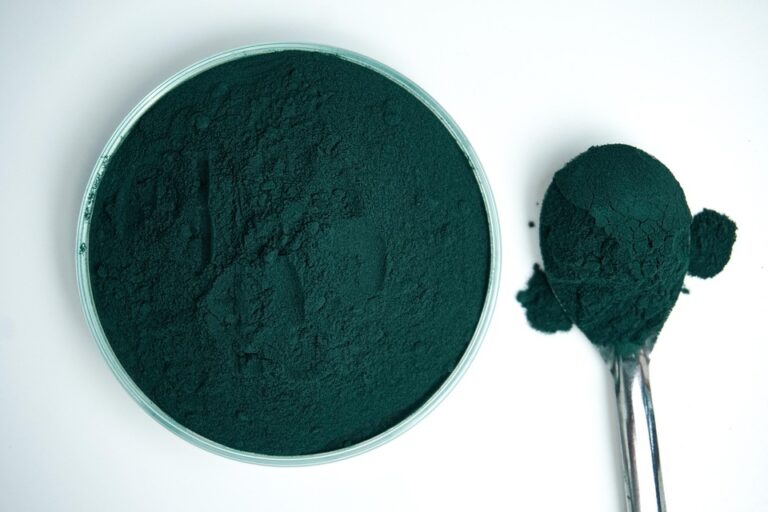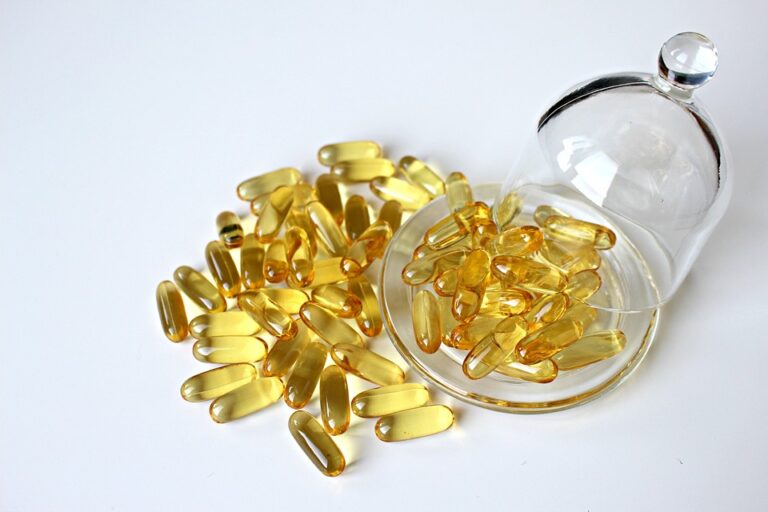Introduction
Creatine is widely known as a staple supplement in the fitness community, revered for its ability to enhance muscle strength, power, and recovery. However, emerging research suggests that its benefits extend far beyond the gym—creatine also plays a crucial role in brain function and cognitive performance.
This article explores how creatine supplementation influences mental performance, from boosting memory and reasoning to potentially protecting against neurological diseases.
What is Creatine?
Creatine is a naturally occurring compound found in muscle cells and the brain, where it helps produce adenosine triphosphate (ATP), the primary energy currency of cells. While about 95% of the body’s creatine is stored in muscles, the remaining 5% is distributed in the brain, where it supports cognitive processes.
Since dietary sources like red meat and fish provide only about 1–2 grams of creatine per day, supplementation is a popular way to increase creatine levels, particularly in vegetarians and vegans who consume little to no animal products.
How Creatine Supports Brain Function
1. Enhances Energy Production in the Brain
The brain is an energy-intensive organ, consuming about 20% of the body’s total ATP at rest. Creatine helps replenish ATP stores, ensuring a steady supply of energy for high-demand cognitive tasks such as problem-solving, learning, and memory formation.
2. Improves Memory and Intelligence
Several studies indicate that creatine supplementation may improve working memory, reasoning, and overall cognitive performance, particularly in sleep-deprived individuals, older adults, and those under high mental stress. A 2003 study published in Psychopharmacology found that creatine enhanced working memory and intelligence test scores in healthy young adults.
3. Supports Brain Health and Neuroprotection
Creatine exhibits neuroprotective properties by stabilizing cellular energy and reducing oxidative stress. Research suggests it may help mitigate damage from traumatic brain injuries (TBI) and slow the progression of neurodegenerative diseases like Parkinson’s and Huntington’s.
4. Reduces Fatigue and Mental Exhaustion
By optimizing brain energy metabolism, creatine may reduce mental fatigue, especially during prolonged cognitive tasks. This makes it a potential aid for students, professionals, and athletes requiring sustained mental performance.
5. May Help with Depression and Mood Disorders
Emerging evidence suggests that creatine supplementation could benefit individuals with depression, possibly by enhancing mitochondrial function and neurotransmitter regulation. A 2012 study in Biological Psychiatry found that creatine augmented the effects of SSRIs in women with treatment-resistant depression.
Who Can Benefit from Creatine for Brain Performance?
While creatine’s cognitive benefits are promising, certain groups may experience more pronounced effects:
- Vegetarians & Vegans – Since their dietary creatine intake is low, supplementation leads to greater cognitive improvements.
- Older Adults – Aging is associated with declining creatine levels, making supplementation potentially beneficial for memory and brain health.
- Sleep-Deprived Individuals – Creatine may help offset cognitive deficits caused by lack of sleep.
- People with Neurological Conditions – Those with Parkinson’s, TBI, or depression may see protective or therapeutic benefits.
Dosage and Safety
The standard dose for cognitive benefits is similar to that for muscle performance—typically 3–5 grams of creatine monohydrate per day. Loading phases (20g/day for 5–7 days) are optional but not necessary for long-term brain benefits.
Creatine is widely regarded as safe, with no significant side effects reported in healthy users. However, those with pre-existing kidney conditions should consult a doctor before supplementing.
Conclusion
Beyond its well-known muscle-boosting effects, creatine holds exciting potential as a brain-enhancing supplement. From sharpening memory to protecting against neurodegeneration, creatine’s cognitive benefits make it a versatile tool not only for athletes but also for students, professionals, and aging individuals looking to optimize mental performance.
As research continues, creatine may establish itself as a key player in both physical and cognitive wellness. If you’re looking for a natural way to support brain health, creatine could be a powerful addition to your daily routine.
Would you like any refinements or additional details on specific aspects?

